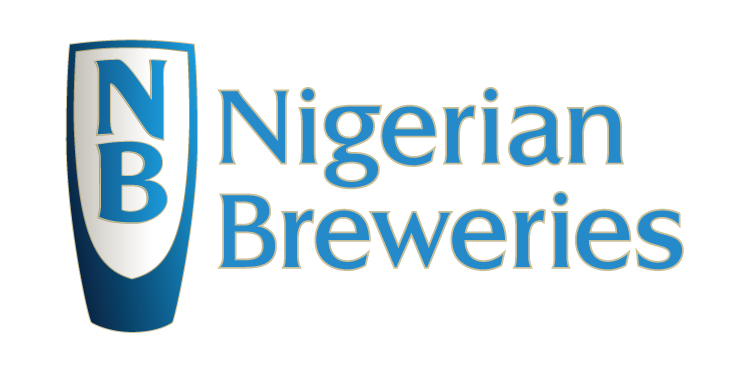- Nigerian Breweries Records N33b Profit for 2017
Brewery giant Nigerian Breweries Plc on Wednesday said it recorded a N33 billion Profit after Tax (PAT) for the financial year ended December 31, 2017, on a revenue of N344 billion.
This represented a 16 per cent increase in PAT from N28.4 billion in 2016, and a 10 per cent growth in turnover from N313 billion in the corresponding period.
The company’s Managing Director, Mr. Jordi Borrut Bel, made this known at its pre-Annual General Meeting (AGM) media conference held in Lagos on Wednesday.
He said the company recommended a dividend of N33 billion for its shareholders for the 2017 financial year, a 100 per cent pay-out ratio.
Bel explained that the company gave out 100 per cent dividend payout as part of its dividend policy, which was consistent with its robust balance sheet.
The recommendation, which amounted to a total dividend of N4.13 per share for the 2017 operating year, was the highest in the history of the company.
The recommended dividend was inclusive of interim dividend of N8 billion, which is one Naira per share earlier paid by the company in November 2017.
Bel said the company was able to end the year with improved results through continuous focus and execution of its twin agenda of cost leadership and market leadership supported by innovation.
According to him, the company’s stable growth in spite of economic headwinds was as a result of its ability to cut down on operational cost, which made the company to remain afloat.
He said the company deployed cost leadership to fuel the fight for market leadership as well as used it to drive scale for cost leadership, adding that the sustenance of this strategy will enable the company emerge the best cost performing breweries in Africa.
Bel stated that the company remained confident that “It has a clear strategy to deliver good return on investment to shareholders as part of its commitment to winning with Nigeria.”
The Managing Director said whilst the foreign exchange situation improved in the course of the year, double digit inflation continued to impact both businesses and consumers.
He also said whilst there were some early signs of improvement in the macro-economic condition, this is yet to be reflected in consumer confidence.
Reviewing the beverage industry in 2017, Bel said the industry had changed significantly over the last three years; that with signs of improvements in the economy, 2017 bear market was relatively stable.
He, however, said that the operating environment would remain challenging in 2018, expressing confidence that the company was well placed with its leadership brands as well as people to weather the storm.


 Forex3 weeks ago
Forex3 weeks ago
 Naira3 weeks ago
Naira3 weeks ago
 Billionaire Watch3 weeks ago
Billionaire Watch3 weeks ago



 Naira3 weeks ago
Naira3 weeks ago






 Naira2 weeks ago
Naira2 weeks ago




 Naira2 weeks ago
Naira2 weeks ago






 Naira1 week ago
Naira1 week ago




 Naira4 weeks ago
Naira4 weeks ago























